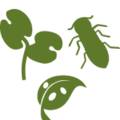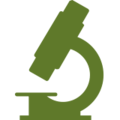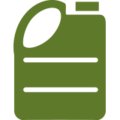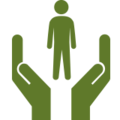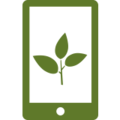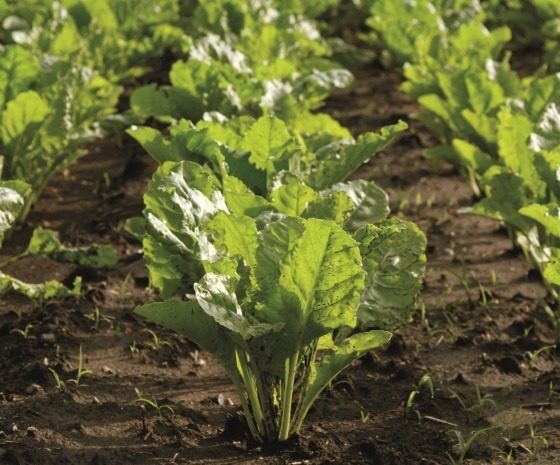
We are pleased that you have decided to use protected (treated) sowing seed. A treatment is highly effective against harmful organisms in the field and also offers significant advantages for you as a user. As with any other chemical product, it is nevertheless essential that you know how to handle treated sowing seed correctly to minimise exposure for yourself and for the environment.






